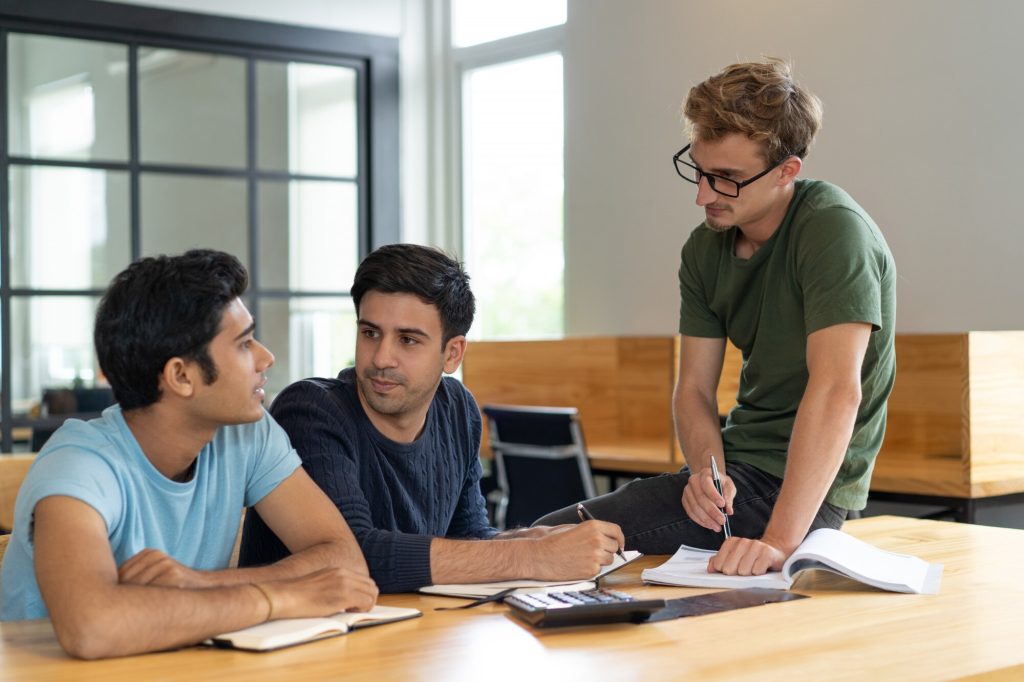
Special education teachers play a critical role in providing quality education for students with disabilities. However, the field of special education is continuously evolving as new research emerges and laws and policies change. Engaging in ongoing professional development is essential for special education teachers to stay current in their knowledge and skills. It allows them to adapt to changes and continue providing the best support for their students.
Keeping Up with Research and Best Practices
The field of special education is informed by research on disabilities, instructional strategies, assessment, and more. It is imperative for special educators to continuously learn about the latest research and evidence-based practices. Attending conferences, reading academic journals, and taking coursework are ways they can keep up with the research. This allows them to use the most effective strategies in their classrooms and provide the highest quality education for their students. Staying up-to-date on new research can inspire teachers to improve their practices.
Understanding Laws, Policies, and Procedures
There are several important laws that shape special education services including the Individuals with Disabilities Education Act (IDEA). Special educators must fully understand these laws and any changes or updates that occur. They also need to be informed about special education policies and procedures at the federal, state, and local levels. Staying on top of any revisions to laws, regulations, and policies will help them remain legally compliant and best serve their students. Knowing the laws inside and out is key to advocating for students.
Learning New Skills and Strategies
Ongoing professional development for special education teachers allows them to gain new skills and strategies that can enhance their teaching. This may involve learning how to integrate new forms of technology, use research-based behavioral interventions, implement multi-sensory instructional approaches, and more. Gaining these new skills through training and coursework allows teachers to become more effective and responsive to their students’ diverse needs. Continuously improving their skills helps teachers reach every student.
Building Collaboration and Communication Skills
Special educators work closely with general education teachers, administrators, parents, and other professionals. Ongoing professional development can improve their collaboration and communication skills. This allows them to effectively coordinate interventions, modifications, and services as part of a student’s IEP team. Strong collaboration and communication nurtures shared goals and benefits students.
Avoiding Burnout and Improving Well-Being
Special education teachers are at a high risk for burnout due to both the physical and emotional demands of their jobs. Engaging in professional development can help renew their passion, motivation, and commitment to the profession. It also helps them gain new skills for managing stress and self-care. Preventing burnout improves outcomes for students and teachers alike. Protecting their own well-being enables teachers to be present and caring with students.
From staying current on research to learning new evidence-based strategies, ongoing professional development is crucial for special education teachers. It helps them provide the highest quality education tailored to each student’s unique needs. Allowing time and funding for special educators to pursue professional development demonstrates a commitment to supporting students with disabilities. Investing in special education teachers means investing in student outcomes. Continual learning is key to being an effective special education teacher.




